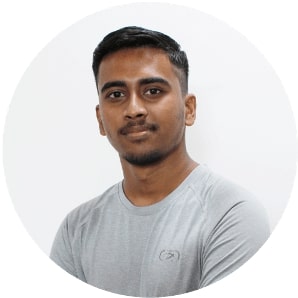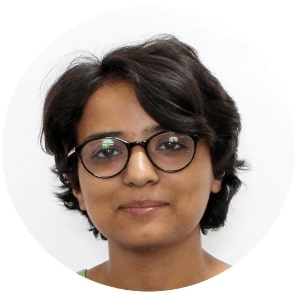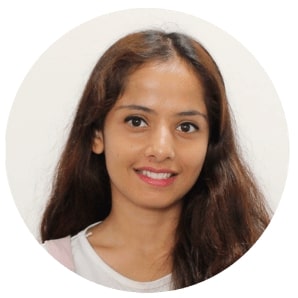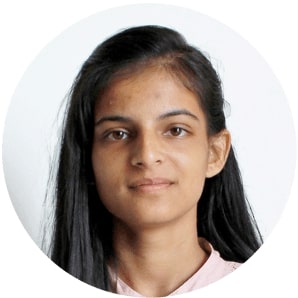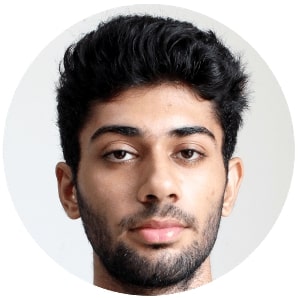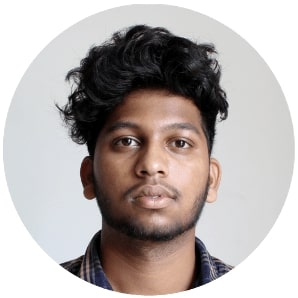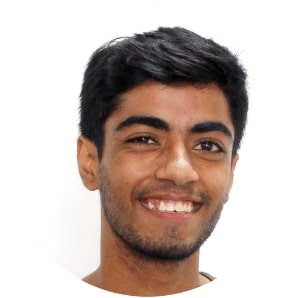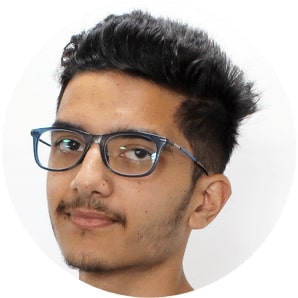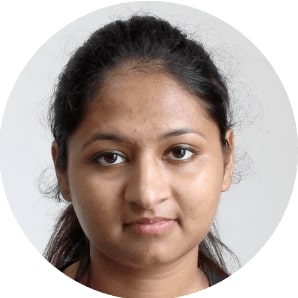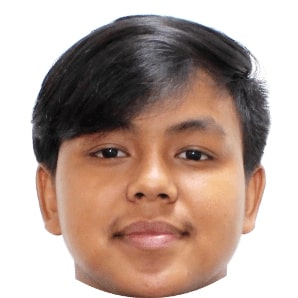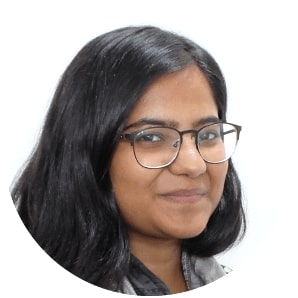Global Goals Jam 18-19 September (Register Now)
- 2 days in the weekend before Climate Week in September
- Local challenges related to one of the Global Goals, co-created with the local community and industry
- Multidisciplinary teams of creatives, researchers and sustainability experts
- Short design sprints (4 sprints divided over 2 days)
- Global Goals Jamkit with methods and tools to guide the design process
- Process and results are shared so that the community can build upon each other’s work.
Education for all
Obtaining a quality education is the foundation to creating sustainable development. How can we make sure more children have access to equal education? How can we make sure that our education prepares us for the future, and that we ensure life-long learning? How can technology help us to make education and training available to vulnerable populations?
SDG 4 – Quality Education
https://www.un.org/sustainabledevelopment/education/
https://youtu.be/3_EA7KMlro0
• Before the coronavirus crisis, projections showed that more than 200 million children would be out of school, and only 60 per cent of young people would be completing upper secondary education in 2030.
• Before the coronavirus crisis, the proportion of children and youth out of primary and secondary school had declined from 26 per cent in 2000 to 19 per cent in 2010 and 17 per cent in 2018.
• More than half of children that have not enrolled in school live in sub-Saharan Africa, and more than 85 per cent of children in sub-Saharan Africa are not learning the minimum
• 617 million youth worldwide lack basic mathematics and literacy skills.
• Some 750 million adults – two thirds of them women – remained illiterate in 2016. Half of the global illiterate population lives in South Asia, and a quarter live in sub-Saharan Africa.
• In 10 low- and middle-income countries, children with disabilities were 19per cent less likely to achieve minimum proficiency in reading than those without disabilities.
4 million refugee children were out of school in 2017
• 4.1 By 2030, ensure that all girls and boys complete free, equitable and quality primary and secondary education leading to relevant and Goal-4 effective learning outcomes
• 4.2 By 2030, ensure that all girls and boys have access to quality early childhood development, care and preprimary education so that they are ready for primary education
• 4.3 By 2030, ensure equal access for all women and men to affordable and quality technical, vocational and tertiary education, including university
• 4.4 By 2030, substantially increase the number of youth and adults who have relevant skills, including technical and vocational skills, for employment, decent jobs and entrepreneurship
• 4.5 By 2030, eliminate gender disparities in education and ensure equal access to all levels of education and vocational training for the vulnerable, including persons with disabilities, indigenous peoples and children in vulnerable situations
• 4.6 By 2030, ensure that all youth and a substantial proportion of adults, both men and women, achieve literacy and numeracy
• 4.7 By 2030, ensure that all learners acquire the knowledge and skills needed to promote sustainable development, including, among others, through education for sustainable development and sustainable lifestyles, human rights, gender equality, promotion of a culture of peace and non-violence, global citizenship and appreciation of cultural diversity and of culture’s contribution to sustainable development
• 4.A Build and upgrade education facilities that are child, disability and gender sensitive and provide safe, nonviolent, inclusive and effective learning environments for all
• 4.B By 2020, substantially expand globally the number of scholarships available to developing countries, in particular least developed countries, small island developing States and African countries, for enrolment in higher education, including vocational training and information and communications technology, technical, engineering and scientific programmes, in developed countries and other developing countries
• 4.C By 2030, substantially increase the supply of qualified teachers, including through international cooperation for teacher training in developing countries, especially least developed countries and small island developing states
SDG 10 –Reduced Inequalities
https://www.un.org/sustainabledevelopment/inequality/
• Evidence from developing countries shows that children in the poorest 20 per cent of the populations are still up to three times more likely to die before their fifth birthday than children in the richest quintiles.
• Social protection has been significantly extended globally, yet persons with disabilities are up to five times more likely than average to incur catastrophic health expenditures.
• Despite overall declines in maternal mortality in most developing countries, women in rural areas are still up to three times more likely to die while giving birth than women living in urban centers.
• Up to 30 per cent of income inequality is due to inequality within households, including between women and men. Women are also more likely than men to live below 50 per cent of the median income
• Of the one billion population of persons with disabilities, 80per cent live in developing countries.
• One in ten children is a child with a disability.
• Only 28 per cent of persons with significant disabilities have access to disability benefits globally, and only 1per cent in low-income countries.
10.1 By 2030, progressively achieve and sustain income growth of the bottom 40 per cent of the population at a rate higher than the national average
10.2 By 2030, empower and promote the social, economic and political inclusion of all, irrespective of age, sex, disability, race, ethnicity, origin, religion or economic or other status
10.3 Ensure equal opportunity and reduce inequalities of outcome, including by eliminating discriminatory laws, policies and practices and promoting appropriate legislation, policies and action in this regard
10.4 Adopt policies, especially fiscal, wage and social protection policies, and progressively achieve greater equality
10.5 Improve the regulation and monitoring of global financial markets and institutions and strengthen the implementation of such regulations
10.6 Ensure enhanced representation and voice for developing countries in decision-making in global international economic and financial institutions in order to deliver more effective, credible, accountable and legitimate institutions
10.7 Facilitate orderly, safe, regular and responsible migration and mobility of people, including through the implementation of planned and well-managed migration policies
10.A Implement the principle of special and differential treatment for developing countries, in particular least developed countries, in accordance with World Trade Organization agreements
10.B Encourage official development assistance and financial flows, including foreign direct investment, to States where the need is greatest, in particular least developed countries, African countries, small island developing States and landlocked developing countries, in accordance with their national plans and programmes
10.C By 2030, reduce to less than 3 per cent the transaction costs of migrant remittances and eliminate remittance corridors with costs higher than 5 per cent
FAQ’s on GGJ 2020
Every year there are a few themes announced by the Digital Society School or Medialab Amsterdam.
We @ WUD pick the one that is most relevant for the given year.
This time the theme is ‘Education for all’.
This theme is an combination of SDG 4 – Quality Education and SDG 10 - Reduced inequalities.
The timing will 10:30 to 5:00 on the days, 18 th & 19 th September 2020.
There will an agenda given to the participants.
It will contain 5 Design thinking & / Service Design methodologies.
The participants will have to present their prototypes on day 2.
Yes, the participants will get certificates.
The certification is done in collaboration with WUD, UNDP, UNESCO, Digital Society School Amsterdam
& StartupIndia.
You can participate as an Individual.
Please fill the form below.
You may participate as a team too. Though all the team members will go through the primary screening process via this link.
Yes,
1. a fresh & open mind.
2. Collborative ideas
3. Also, since it is a digital endeavor this time, good internet connection.
4. Basic Prototyping material
5. Paper & pencil for noting
We all are trying to harvest in ideas for a better 2030. These goals are set up by UNDP and we all working towards making the world a better place.
Good ideas are implemented across the globe by UNDP & UNESCO.
Unless, preformed groups join in,
Groups will be made based on education and profession. Each team will contain as many diverse backgrounds as possible.
There is a panel of 5 – 6 eminent jury members from all walks of life.
The participants work together in groups, ideate, learn the design thinking methodologies and come up with prototyped
The ideas that are harvested in the GGJ are filtered further. The ideas that are implementable make way
to go to the UNDP and UNESCO for implementation. They are implemented globally.
Yes. It definitely will. By,
1. Learning Design thinking and Service Design methodologies that you can carry and implement in every sector of work.
2. An experience and learning of a lifetime.
3. Of course you get a certificate of being there & contribution.
4. Working with professionals and students from different walks of life enriches the learning
